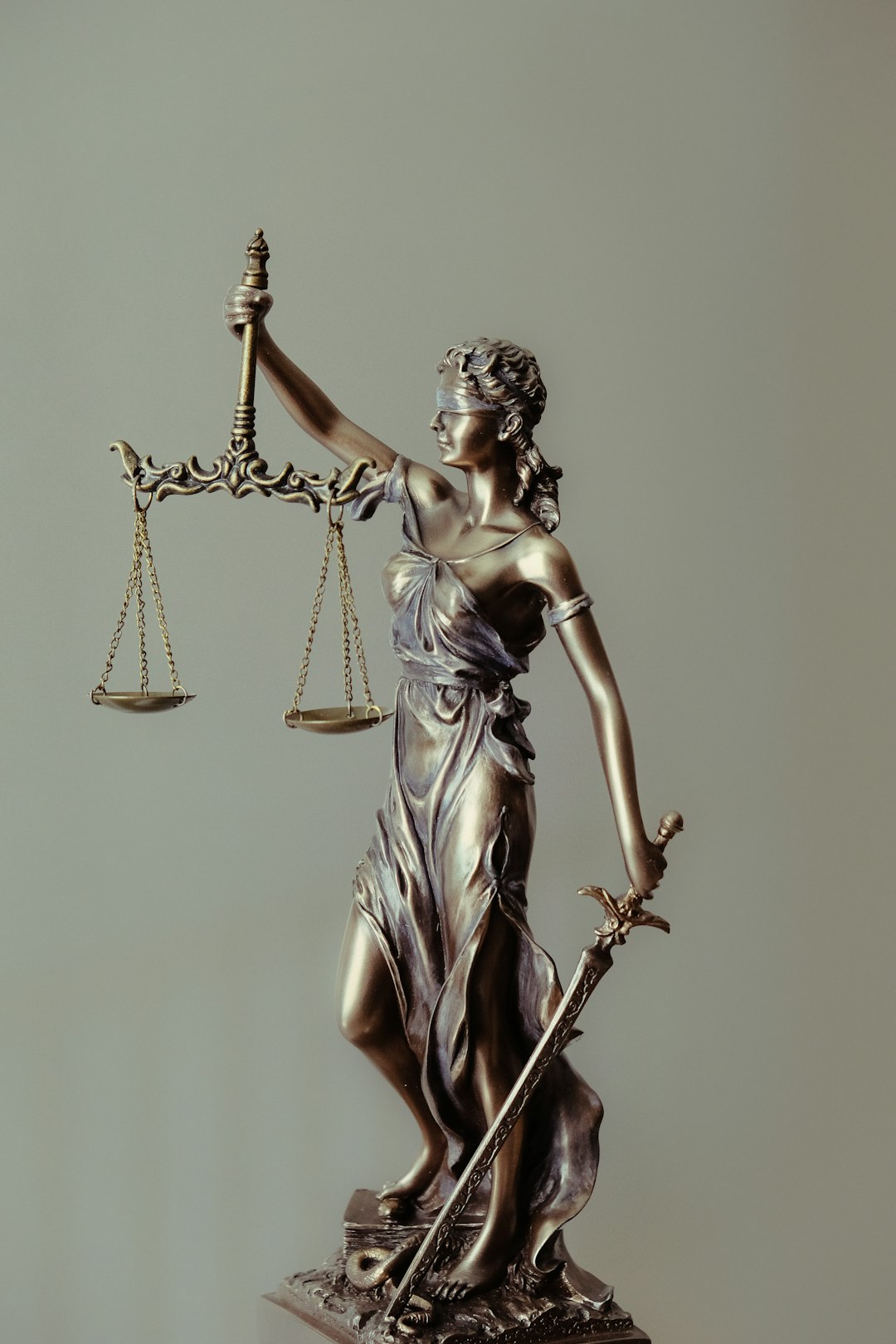In Queens, NY, sexual assault cases follow a structured legal process led by a victim's decision to press charges, leading to an indictment and involvement of a rape attorney in New York NY. The trial involves jury selection, evidence presentation, witness cross-examination, and deliberation, ultimately determined by the jury's verdict. A rape attorney plays a crucial role, leveraging their expertise to navigate complex cases, protect rights, and build defense strategies. They gather medical records, DNA samples, and witness statements, collaborate with victims, and aim to reduce sentences or secure acquittals. Local support networks offer counseling, safe housing, legal advocacy, and forensic examinations to assist survivors throughout the process.
In Queens, NY, sexual assault trials are complex legal processes that require careful navigation. Understanding what happens during such a trial is crucial for survivors and those supporting them. This article provides an overview of each step, from gathering evidence and testimonies to court proceedings, focusing on the role of a rape attorney in New York. We’ll also highlight support systems available for survivors, ensuring they are not alone in their journey through the legal system.
Understanding the Legal Process: An Overview of Sexual Assault Trials in Queens
In Queens, NY, sexual assault trials follow a structured legal process designed to ensure fairness and justice for all parties involved. The journey begins when a victim decides to press charges, leading to the filing of an indictment against the accused by the district attorney’s office. This marks the official start of the criminal prosecution, where a rape attorney in New York NY plays a pivotal role in representing the defendant’s interests.
The trial itself is a meticulously organized procedure. It begins with jury selection, followed by opening statements from both the prosecution and defense. Evidence is presented, including witness testimonies, medical reports, and forensics. A rape attorney in New York NY cross-examines witnesses to challenge the evidence and build a strong defense strategy. The jury deliberates the evidence carefully before reaching a verdict, which determines the outcome of the case.
The Role of a Rape Attorney: Navigating Complex Legal Waters
In a sexual assault trial, the role of a rape attorney in Queens, NY, is pivotal. They are legal experts who specialize in navigating complex and often emotionally charged cases. A rape attorney in New York NY guides their client through intricate legal procedures, ensuring every right is protected and every piece of evidence is carefully considered. They build a robust defense strategy, cross-examining witnesses, challenging the prosecution’s case, and presenting alternative explanations to mitigate charges.
These attorneys possess extensive knowledge of state laws pertaining to sexual offenses, which vary significantly from other types of cases. They stay updated on legal precedents, constitutional rights, and procedural rules specific to Queens County. By leveraging their expertise, a rape attorney in New York NY can help reduce sentences, secure acquittals, or negotiate plea deals that offer the best possible outcome for their client while ensuring fair treatment within the legal system.
Gathering Evidence and Testimonies: Building a Strong Case
During a sexual assault trial in Queens, NY, gathering evidence and testimonies is a critical step in building a strong case. A rape attorney in New York NY plays a vital role here, ensuring that all relevant information is collected, preserved, and presented in court. This includes medical records detailing any injuries or examinations, forensic evidence like DNA samples, and witness statements from individuals who can corroborate the victim’s account of events.
The attorney works closely with the victim to understand their experience and gather testimonies that can help paint a clear picture of what happened. This might involve interviewing friends, family members, or even professionals who can offer support and insight into the victim’s state of mind post-assault. Effective case building in sexual assault trials relies on meticulous documentation, strategic gathering of evidence, and compelling storytelling to present a persuasive argument to the jury.
Court Proceedings: What to Expect During the Trial
During a sexual assault trial in Queens, NY, both parties—the complainant (victim) and the defendant—will have opportunities to present their cases. The trial typically unfolds in several key stages. Initially, the plaintiff’s attorney will make an opening statement, outlining their case and what they aim to prove. This is followed by witness testimony, where both sides call witnesses to testify, including medical professionals, law enforcement officers, and experts in sexual assault forensic examinations. In many cases, a rape attorney in New York NY will employ strategic questioning to challenge the credibility of the defendant’s evidence and cross-examine witnesses.
The defense, in turn, presents its case, offering their version of events and attempting to cast doubt on the complainant’s account. This may involve character attacks or challenging the admissibility of certain evidence. The judge plays a crucial role, ensuring fair conduct throughout the trial and making decisions on legal issues that arise. Ultimately, the jury—or in some cases, the judge—delivers a verdict based on the presented evidence and arguments.
Support Systems for Survivors: Resources Available in Queens, NY
In the aftermath of a traumatic sexual assault, survivors in Queens, NY, can access a range of support systems and resources designed to help them navigate their legal process and healing journey. Local organizations and government agencies offer crucial aid, including counseling services, safe housing options, and legal advocacy through rape attorneys. These professionals are well-versed in navigating the complex legal system, ensuring survivors’ rights are protected throughout the trial process.
Survivors can connect with support groups, hotlines, and community centers specializing in sexual assault cases. These institutions provide a sense of community, offer emotional support, and supply practical assistance like transportation to court appearances. Additionally, medical facilities equipped with specialized rape crisis centers offer forensic examinations and healthcare services tailored to survivors’ needs, often in discreet and supportive environments. Queens residents facing these challenges have access to a safety net of resources, enabling them to pursue justice while prioritizing their well-being with the help of dedicated professionals and legal representatives.






